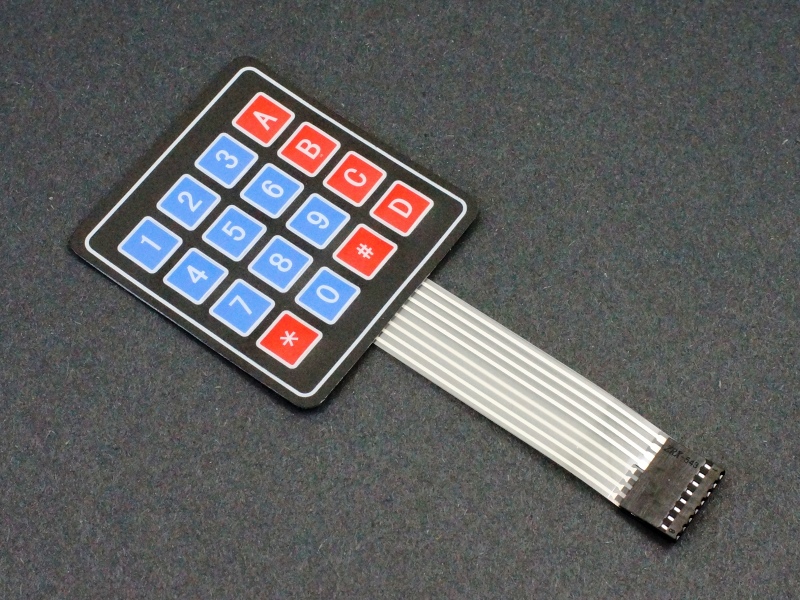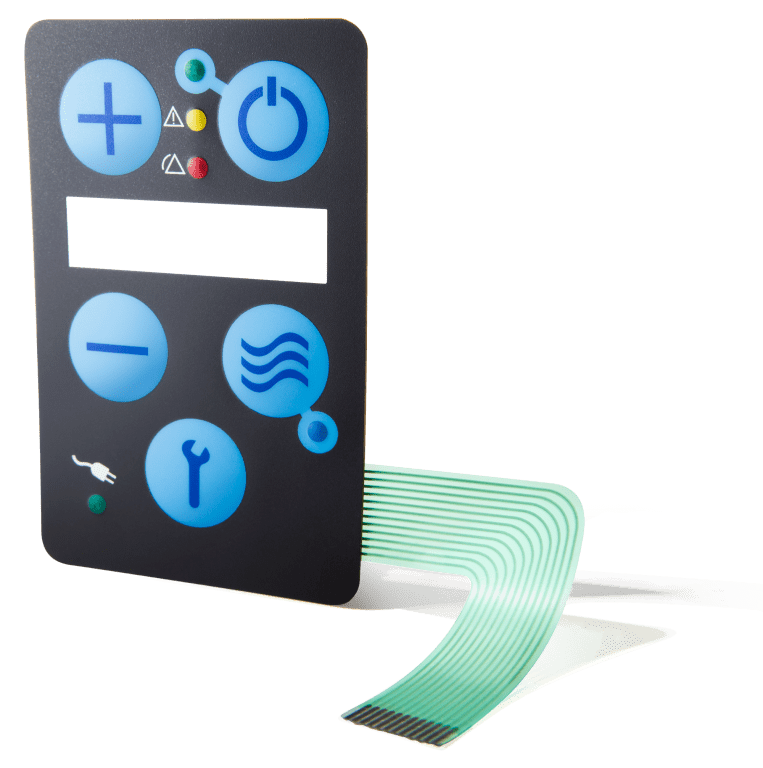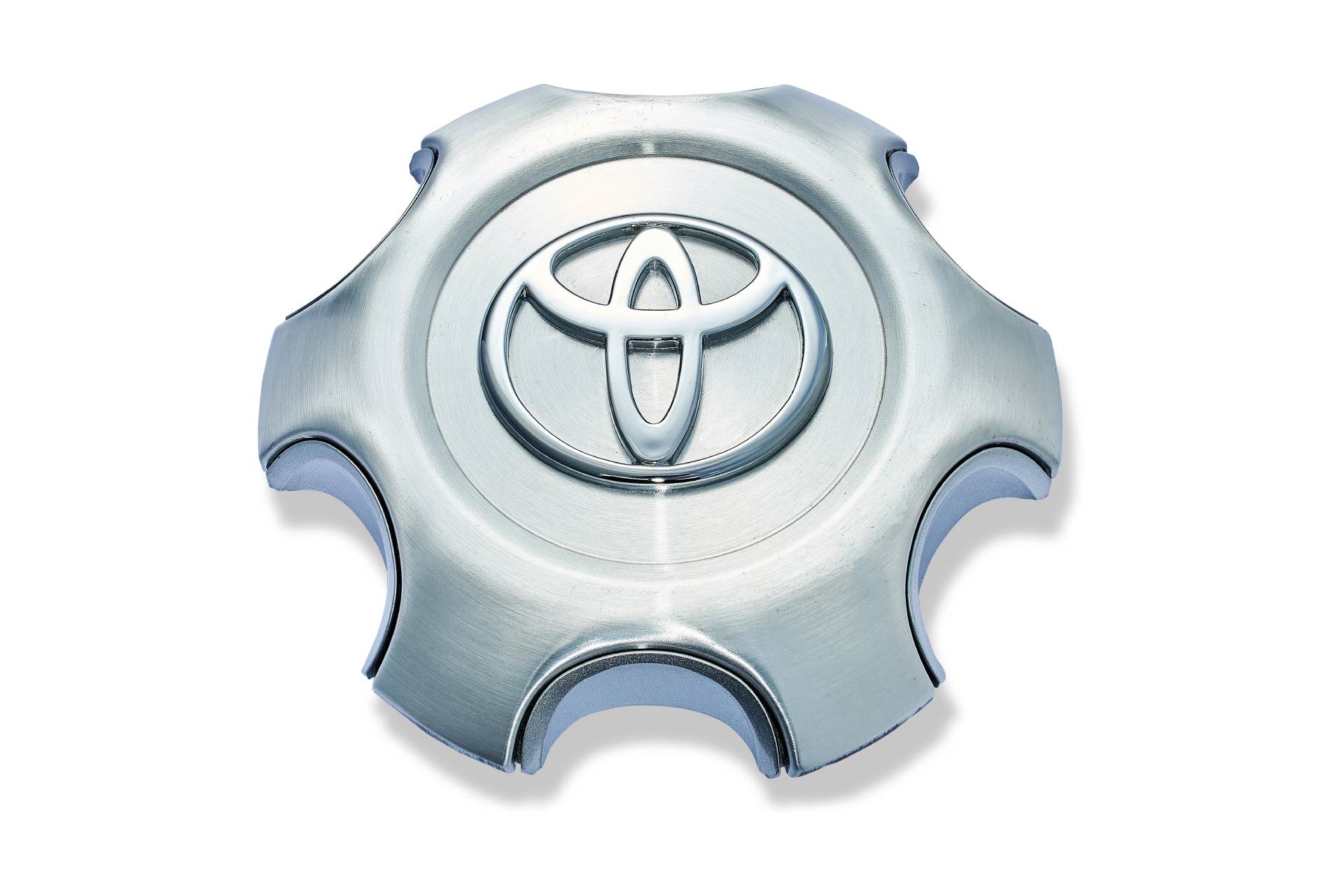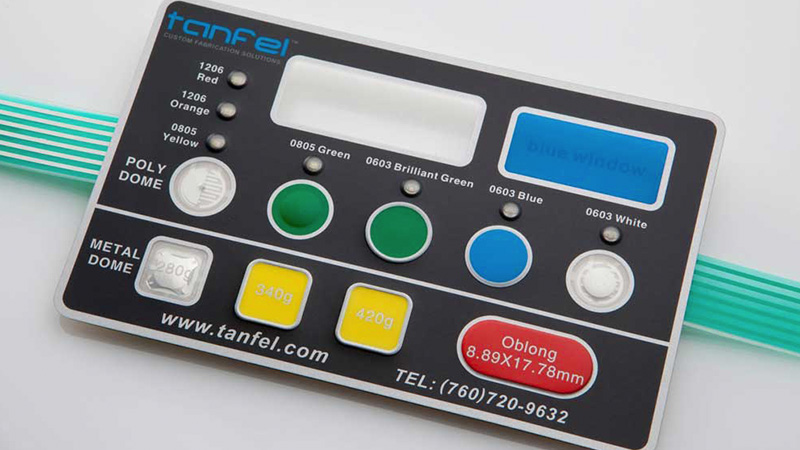A Comprehensive Guide to Membrane Switches for Product Designers
A Comprehensive Guide to Membrane Switches for Product Designers
Blog Article
Comprehending the Value of Membrane Switches in User User Interfaces
Membrane buttons are important components in the layout of effective individual interfaces, assisting in not just performance but additionally improving visual charm and user communication. Their one-of-a-kind functions, such as resistance to environmental elements and adjustable designs, make them appropriate for a diverse variety of applications across numerous industries. As we explore the future fads and numerous benefits linked with Membrane modern technology, it becomes clear that these switches are greater than simply components; they represent a convergence of innovation and practicality. The ramifications of this modern technology on customer experience deserve checking out further.
What Are Membrane Buttons?

The spacer layer, which consists of glue buildings, enables for the splitting up of the circuit layer from the overlay, ensuring that the button continues to be in a non-activated state till pushed. When stress is put on the overlay, it compresses the spacer layer, bridging the void and completing the circuit in the underlying layer. This design not just reduces the physical room needed for traditional mechanical switches however additionally enhances the resilience of the gadget, as Membrane switches are normally immune to dust, dampness, and other environmental variables.
Commonly found in applications ranging from consumer electronics to clinical gadgets, Membrane switches are important to contemporary technology, giving a reliable and user-friendly user interface that aligns with contemporary design requirements.
Benefits of Membrane Switches
While many switch innovations exist, Membrane Switches deal distinct benefits that make them particularly preferable in different applications. Among the key benefits of Membrane buttons is their small style, which permits space-saving applications in gadgets where realty is limited. Their slim profile not just enhances visual allure yet likewise promotes lightweight building and construction.
An additional considerable advantage is their resistance to environmental elements. Membrane buttons are generally secured against wetness, dust, and impurities, making them perfect for usage sought after atmospheres, such as clinical gadgets and industrial equipment. This durability extends the lifespan of the button, decreasing maintenance prices and boosting dependability.
Moreover, Membrane buttons can be tailored to meet particular design demands, incorporating special graphics and colors that boost customer communication. Their responsive responses alternatives can also be customized to give a gratifying individual experience. Additionally, Membrane switches are economical, especially in high-volume applications, as they can be created successfully.
Applications in Various Industries

In the consumer electronic devices field, Membrane buttons prevail in tools such as microwaves, washing devices, and remote controls. Their tactile responses and aesthetic options enhance user experience while supplying a smooth, contemporary look. Additionally, auto makers utilize Membrane buttons in control panel controls and infotainment systems, where area is restricted, and individual involvement is critical.
Furthermore, the industrial sector leverages Membrane buttons in control panels for machinery and tools, enabling intuitive operation in commonly harsh atmospheres. Their resistance to chemicals and wetness ensures durability and reliability in these applications. On the whole, the versatility of Membrane Switches adds substantially to their extensive usage, making them important in numerous technical domains.
Style Factors To Consider for Membrane Switches

When making Membrane switches, numerous crucial factors to consider need to be taken into account to ensure optimum performance and individual experience. The selection of products is critical; selecting durable, top notch substratums can boost the switch's durability and resistance to environmental variables such as dampness and temperature level variations.
Secondly, the style of the graphic overlay ought to focus on quality and convenience of usage. Icons and text must be legible, and the layout should help with user-friendly communication (membrane switches). Furthermore, responsive feedback is vital; including a responsive dome or other devices can enhance the user experience by providing physical verification of activation
One more essential aspect is the switch's electric performance. Designers must make certain that the conductive traces are correctly developed to decrease resistance and avoid signal interference. This involves examining the needed actuation pressure and guaranteeing compatibility with the digital elements they will certainly user interface with.

Future Trends in Membrane Innovation
As innovation proceeds to breakthrough, Membrane buttons Read More Here are poised to advance dramatically, driven by innovations in products and producing strategies. One emerging fad is the consolidation of sophisticated materials, such as versatile substratums and conductive inks, which improve sturdiness and lower the overall weight of Membrane switches. These products not only boost the tactile action but additionally enable the design of buttons that can stand up to harsher ecological problems.
Moreover, the combination of touch-sensitive modern technologies is transforming typical Membrane Switches into even more interactive pop over to this web-site interface. Capacitive touch sensors embedded within Membrane switch panels can provide a much more user-friendly and receptive individual experience, lining up with the growing demand for smooth, contemporary layouts in consumer electronic devices.
In addition, improvements in printing techniques, such as electronic and 3D printing, enable rapid prototyping and personalization of Membrane buttons. This flexibility allows makers to react faster to market needs and consumer preferences.
Last but not least, sustainability is becoming a considerable emphasis, with makers checking out environment-friendly products and processes. As these patterns unfold, the future of Membrane technology guarantees improved performance, visual appeal, and ecological obligation, solidifying their duty in innovative individual interfaces across various industries.
Conclusion
In conclusion, Membrane Switches stand for a crucial component in the layout of individual interfaces, integrating capability with aesthetic adaptability. As improvements in modern technology continue, the development of Membrane switches is anticipated to further fine-tune individual interfaces, driving development and improving functionality in a significantly intricate technical landscape.
Membrane buttons are important parts in the layout of efficient user interfaces, promoting not just functionality however likewise boosting aesthetic appeal and customer communication.Membrane Switches offer as a crucial part in different individual interfaces, assisting in a smooth interaction in between individuals and electronic tools.While various button innovations exist, Membrane Switches deal distinctive benefits that make them specifically desirable in numerous applications.Additionally, Membrane buttons can be tailored to meet specific design needs, integrating one-of-a-kind graphics and colors that enhance individual communication.In conclusion, Membrane Switches stand for an important element in the layout of customer interfaces, combining capability with visual adaptability.
Report this page